LEXINGTON, Ky. (Aug.
News
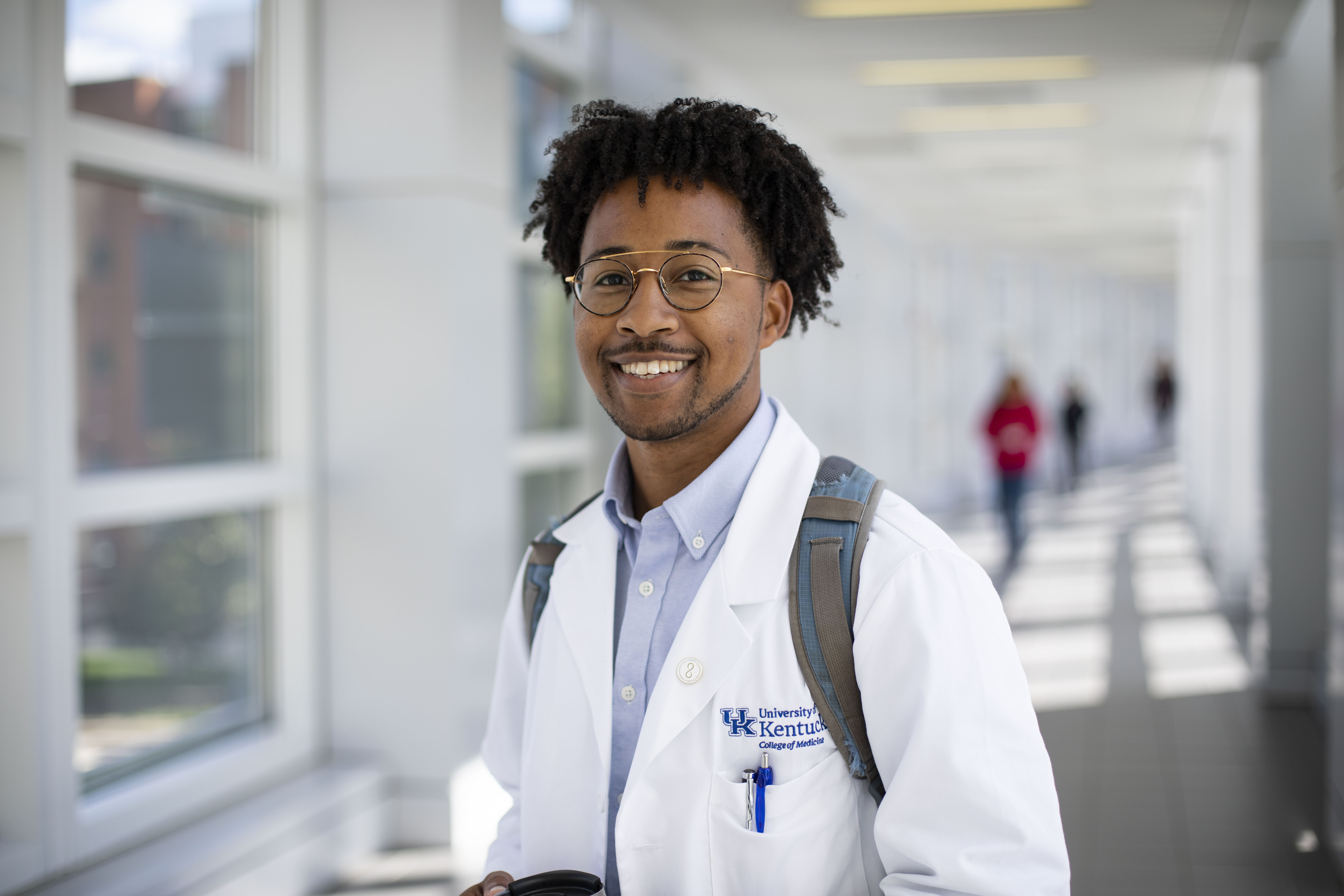
The University of Kentucky College of Medicine is excited to share that Kaylin Batey, a third-year medical student, has received the 2021 Association of American Medical Colleges (AAMC) Herbert W. Nickens Medical Student Scholarship.
Batey is one of five recipients of this prestigious national award, which recognizes students entering their third year of medical school who have demonstrated leadership working to help eliminate inequities and address educational, societal, and health care needs of non-majority communities.
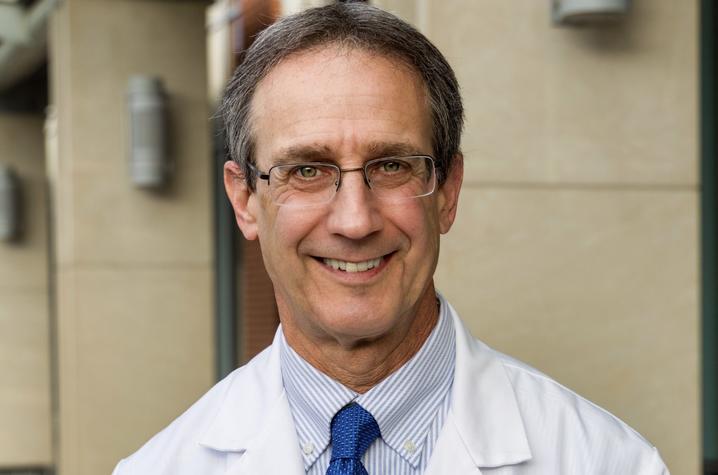
The University of Kentucky College of Medicine has developed into a research powerhouse helping find solutions to Kentucky’s most urgent health needs.
Clinical research is vital in bringing important findings from the laboratory into the clinic to improve patient treatment. To continue to strengthen its research capabilities, the college is excited to share its selection to fill a newly created position, associate dean for clinical research.
Larry B. Goldstein, MD, chair of neurology, has been chosen to take on this role. He will begin Sept. 1.
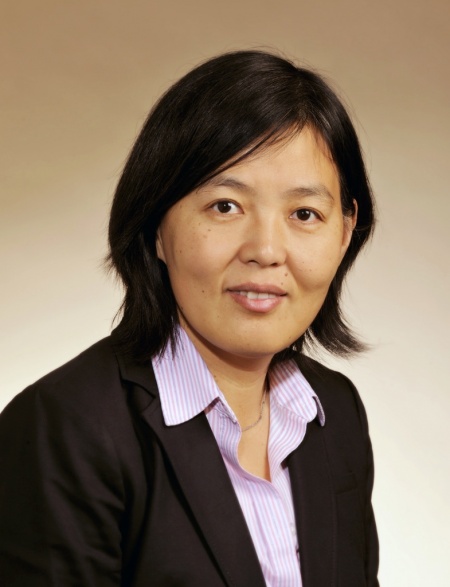
The University of Kentucky College of Medicine is pleased to announce its selection of Tianyan Gao, PhD, as acting chair of the department of molecular and cellular biochemistry.
Dr. Gao has dedicated more than a decade to the UK College of Medicine as an educator and researcher, mentoring several students, post-docs, and residents over the years while obtaining substantial funding from the National Institutes of Health and other major organizations.
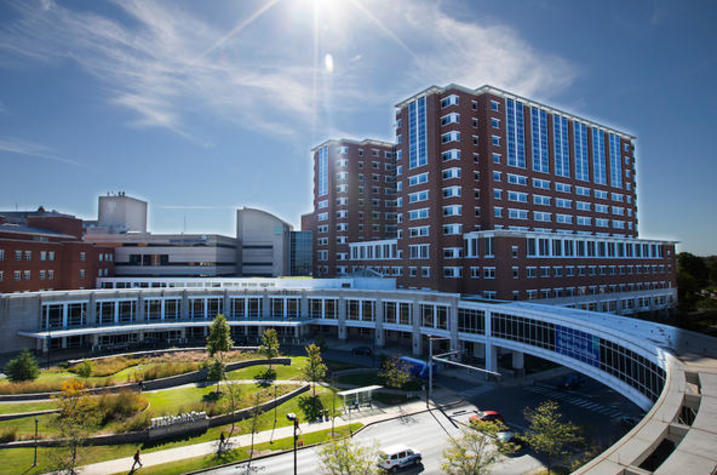

LEXINGTON, Ky. (Aug. 26, 2021) — Research conducted at the University of Kentucky College of Medicine suggests that higher intake of specific nutrients is associated with lower brain iron concentration and better cognitive performance in older adults.

LEXINGTON, Ky. (Aug. 24, 2021) — The University of Kentucky Markey Cancer Center hit another major milestone in its collaboration with the Oncology Research Information Exchange Network (ORIEN) — since joining ORIEN in 2017, 5,000 patients have been enrolled in the program.
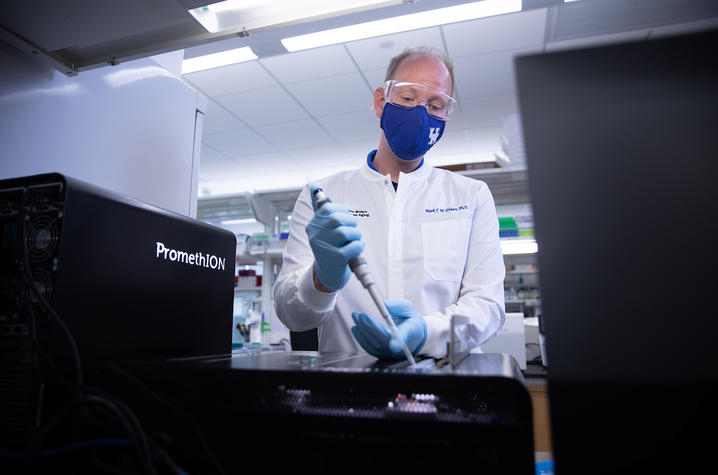
LEXINGTON, Ky. (Aug. 18, 2021) — Watch live at 10:30 a.m. as the University of Kentucky Sanders-Brown Center on Aging (SBCoA) announces $14.5 million in renewed funding for its Alzheimer’s Disease Research Center (ADRC) program from the National Institute on Aging (NIA), a division of the National Institutes of Health (NIH).
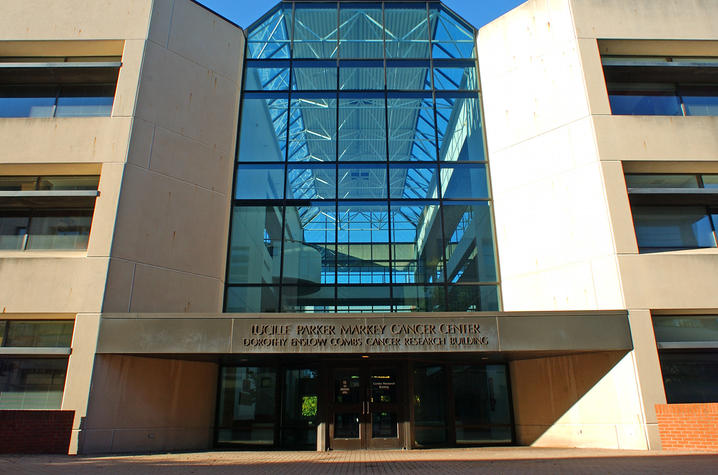
LEXINGTON, Ky. (Aug. 17, 2021) — The University of Kentucky Markey Cancer Center launched a new initiative to create a connected, integrated statewide cancer provider network.
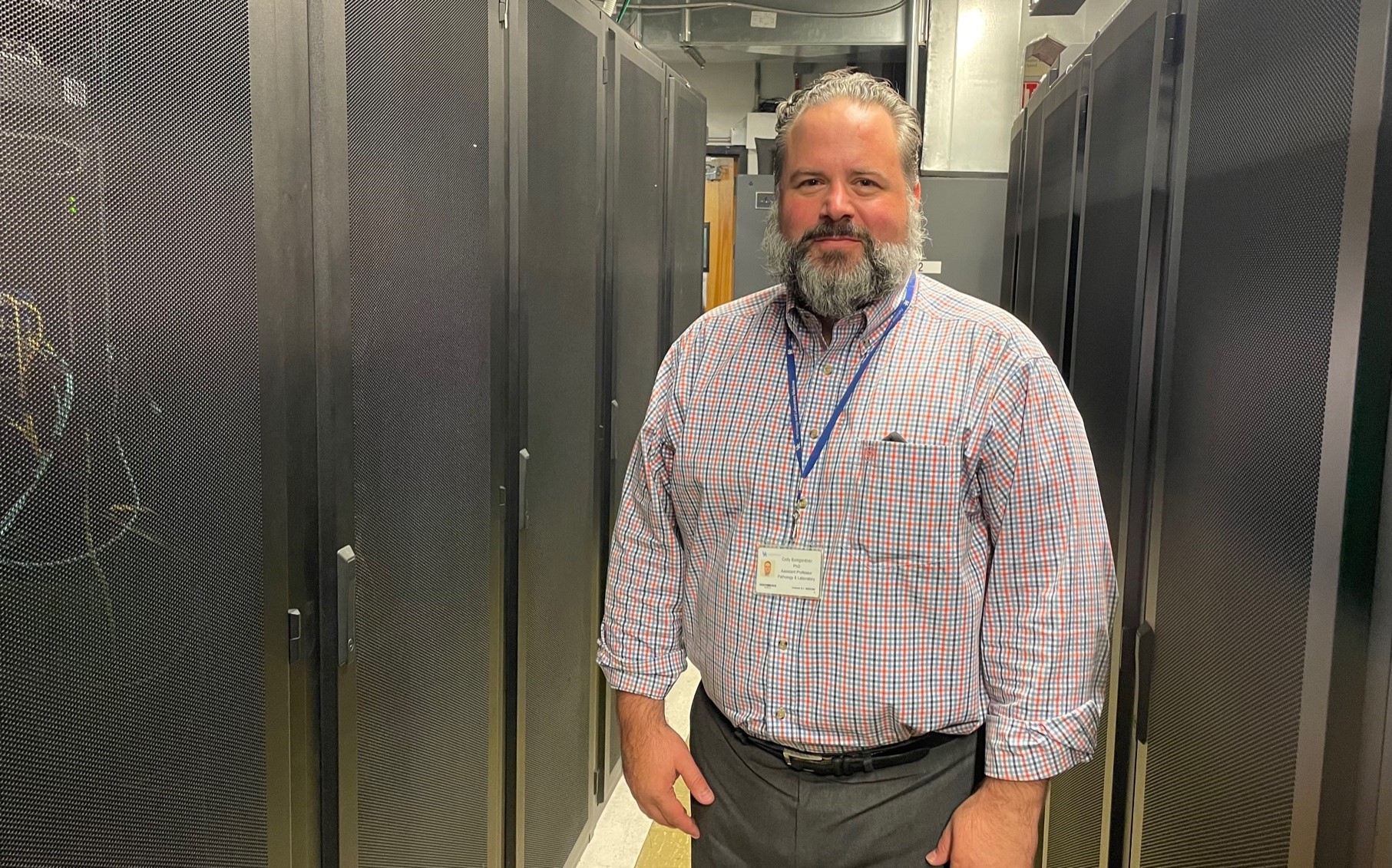
The innate ability of Cody Bumgardner, PhD, to work with computer systems was evident in high school. Computers were being installed in one of his school’s first computer labs, and when workers unboxed the systems and left for lunch, he snuck into the lab and installed the hardware by the time they returned.

LEXINGTON, Ky. (Aug. 11, 2021) — New pilot grants at the University of Kentucky are supporting innovative research to further understand causes and treatments of substance use disorders.

LEXINGTON, Ky. (Aug. 9, 2021) — Findings from a new University of Kentucky College of Medicine and College of Health Sciences study add to growing evidence that resistance exercise has unique benefits for fat loss.
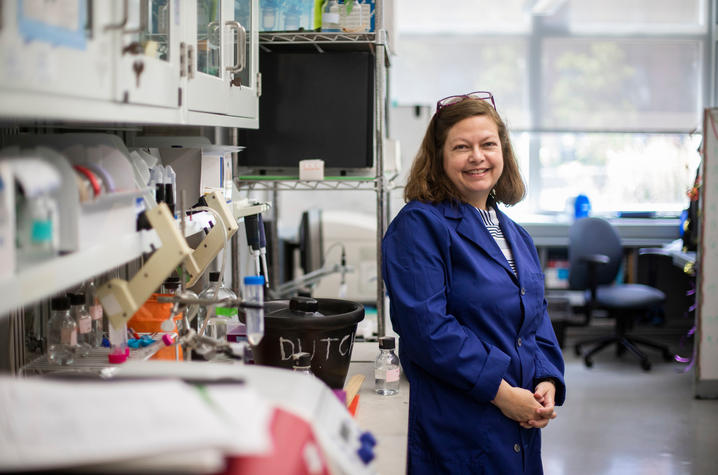
A new University of Kentucky College of Medicine study published in the Journal of Biological Chemistry provides foundational information about SARS-CoV-2’s spike protein.
The spike protein is found on the surface of SARS-CoV-2, the virus that causes COVID-19, and is responsible for its entry into host cells. Because of this function, it is the focus of most COVID-19 vaccines including the Pfizer/BioNTech and Moderna mRNA vaccines.
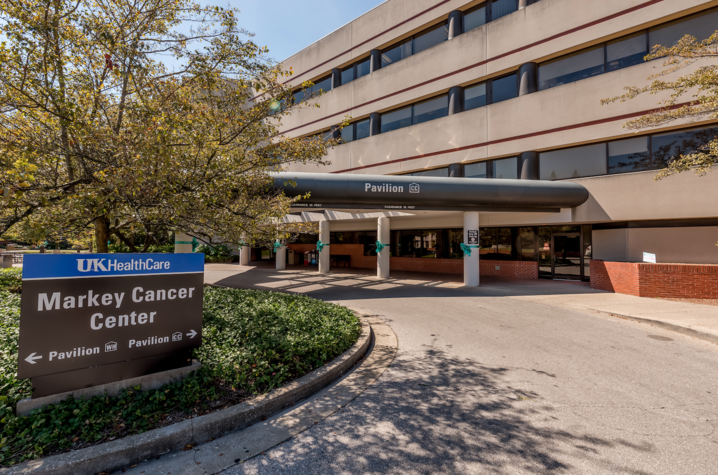
A recent publication in the journal Cells demonstrated the benefit of utilizing drugs to promote radiation sensitivity in models of a rare tumor subtype.
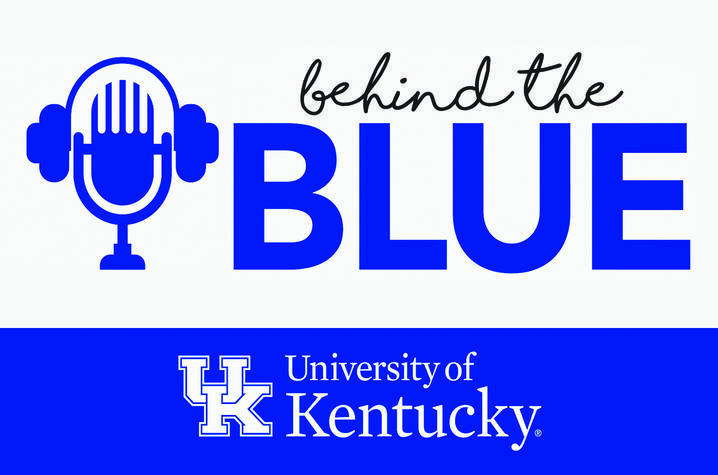
In her work as chair of University of Kentucky’s Department of Molecular & Cellular Biochemistry, Rebecca Dutch, Ph.D., partners with researchers and faculty from multiple disciplines across the University of Kentucky.
Now, Dutch is taking on even more research responsibilities, as she was recently appointed vice dean of research for the UK College of Medicine. In her new role, she will oversee and encourage research, from basic areas to clinical applications and more for the college.
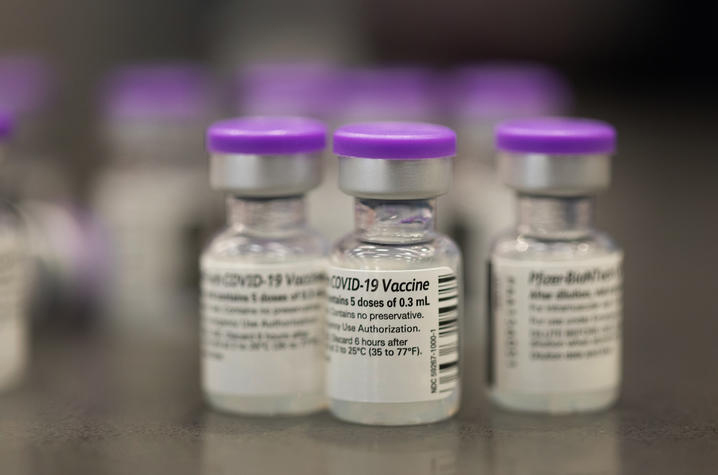
LEXINGTON, Ky. (July 19, 2021) — As the SARS-CoV-2 delta variant continues to spread across the United States and hospitals’ COVID-positive intake numbers climb again, many questions remain around both vaccine effectiveness and vaccination rates, and what these numbers could mean moving into the fall.
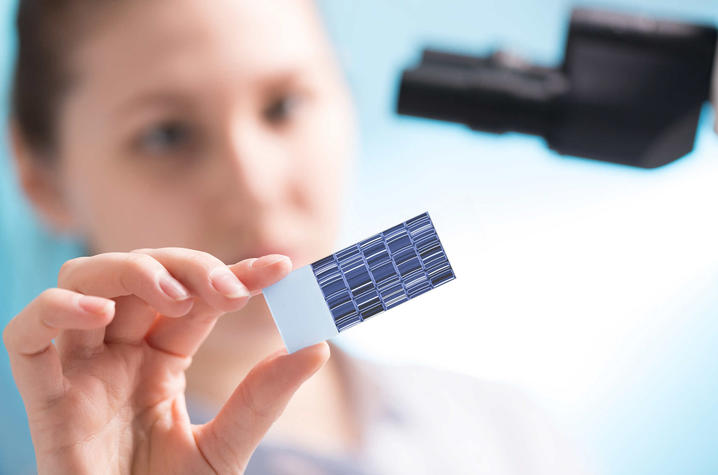
LEXINGTON, Ky. (July 13, 2021) — A recently published study co-authored by University of Kentucky Sanders-Brown Center on Aging researcher Justin Miller, Ph.D., identifies 11 rare candidate variants for Alzheimer’s disease. Researchers found 19 different families in Utah that suffered from Alzheimer’s disease more frequently than what is considered normal.
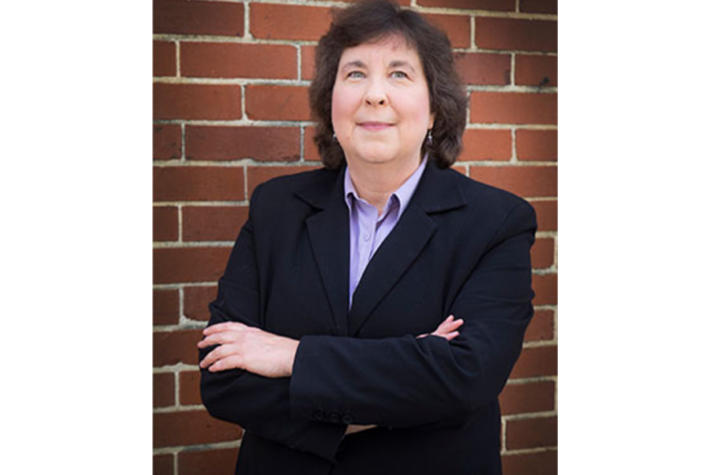
The University of Kentucky Center for Appalachian Research in Environmental Sciences (UK-CARES), in partnership with the Center of Excellence in Rural Health (CERH), recently announced the nominees and the winner of the 2021 Community Engagement Award in Environmental Health.
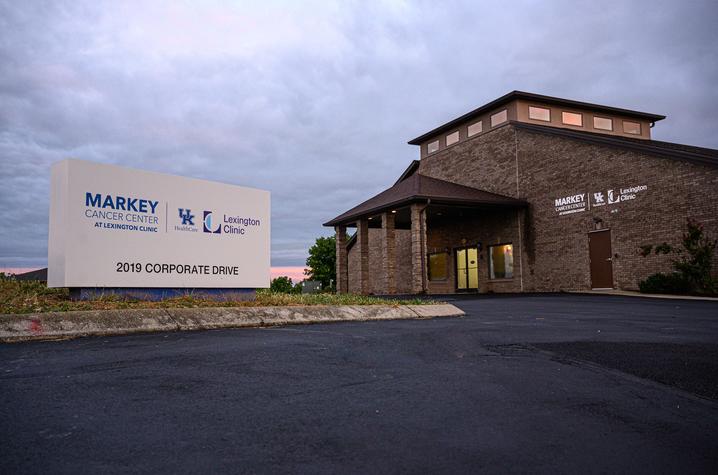
LEXINGTON, Ky. (July 6, 2021) — The Markey Cancer Center at Lexington Clinic location in Richmond, Kentucky, has moved into new, improved clinic space. As of July 2, the clinic is located at 2019 Corporate Dr. in Richmond.

LEXINGTON, Ky. (July 2, 2021) — A new University of Kentucky College of Medicine study suggests that time-restricted eating may be able to help people with Type 2 diabetes reduce nocturnal hypertension, which is characterized by elevated blood pressure at night.
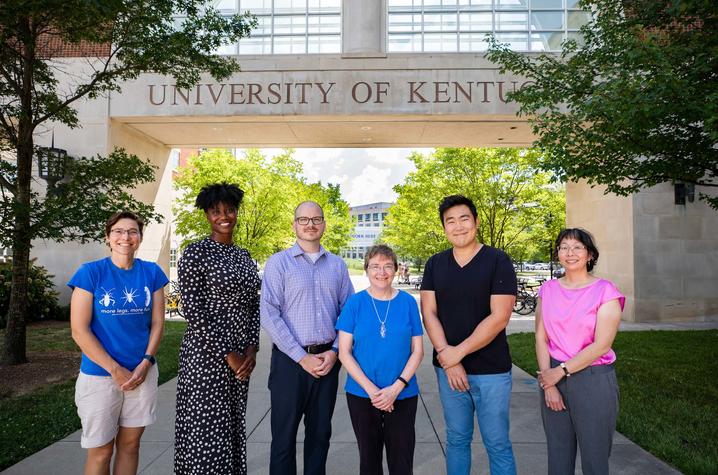
LEXINGTON, Ky. (June 30, 2021) — The University of Kentucky’s Neuroscience Research Priority Area (NRPA) supports a "collaborative matrix," bringing together diverse groups of investigators, trainees and research groups from nine different colleges across the University of Kentucky campus.